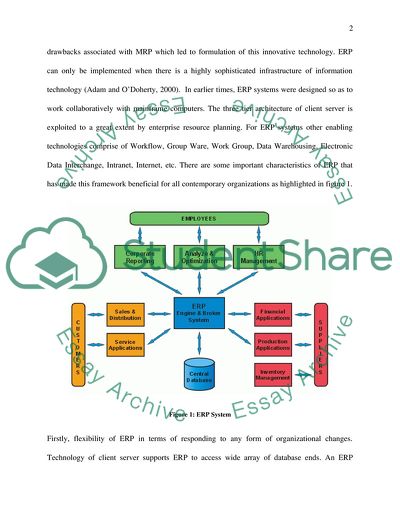Cite this document
(“The importance of an enterprise resource planning system Essay”, n.d.)
Retrieved from https://studentshare.org/information-technology/1675954-the-importance-of-an-erp-enterprise-resource-planning-system
Retrieved from https://studentshare.org/information-technology/1675954-the-importance-of-an-erp-enterprise-resource-planning-system
(The Importance of an Enterprise Resource Planning System Essay)
https://studentshare.org/information-technology/1675954-the-importance-of-an-erp-enterprise-resource-planning-system.
https://studentshare.org/information-technology/1675954-the-importance-of-an-erp-enterprise-resource-planning-system.
“The Importance of an Enterprise Resource Planning System Essay”, n.d. https://studentshare.org/information-technology/1675954-the-importance-of-an-erp-enterprise-resource-planning-system.


